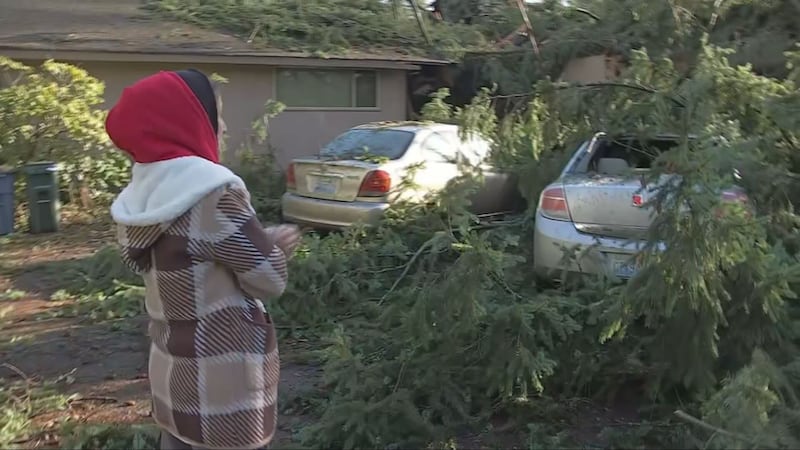SEATTLE, Wash. — Washington state must take dramatic action toward reducing carbon pollution in the next decade if there is to be any progress limiting the effects of climate change. That won’t happen, according to climatologist Cliff Mass.
What will most likely happen is some form of a carbon tax, Mass points out in his recent blog post. And if Washington goes that route, then it might as well do it right.
But proponents have been unable to pass such a tax. So Mass suggests a change in approach — make it revenue neutral.
Mass lays out a few facts and a few suggestions on how state lawmakers should act.
Scroll down to continue reading
More news from KIRO 7
- Seattle schools to have increased security Tuesday over social media post
- No joke: Newest teen challenge is snorting condoms
- 2 men tried to rob Girl Scouts, Tacoma police say
- Kent parent starts online petition calling for remove of school district's superintendent
- Children dodge large blob of melted marshmallows during helicopter drop
The facts
- Carbon emissions are worse today than in the 1990s. Mass says that emissions were worse in 2013 than in 1990 in Washington state. Sure, there are more energy-efficient appliances and fuel-efficient cars. But Washington's population boom has more than offset that progress. While the total carbon footprint per person is down, total emissions are up.
- The world would have to cut carbon emissions by 80 percent in the next decade to have any positive impact.
- Fossil fuels remain cheap despite peoples' desire to move away from them.
Despite repeated failed efforts for a carbon tax in Washington, Mass says that a revenue-neutral carbon tax would be ideal for the state. Basically, if Washington imposes a tax on carbon, that revenue should go directly back to taxpayers.
Mass promotes four “suggested rules” for a revenue neutral carbon tax:
- The tax "significantly" reduces carbon emissions by imposing strict penalties to deter carbon pollution. Also, alternatives should be encouraged.
- Poorer residents should not be hit harder by the tax than middle- and higher-income residents.
- No politics: No political party should have control over the carbon tax.
- Finally, Mass argues Washington's tax should act as a model for other states in the nation.
Despite Washington’s good intentions, they won’t be worth much if the state goes it alone, Mass argues. Other states would have to join in to make any real progress.
Cox Media Group






